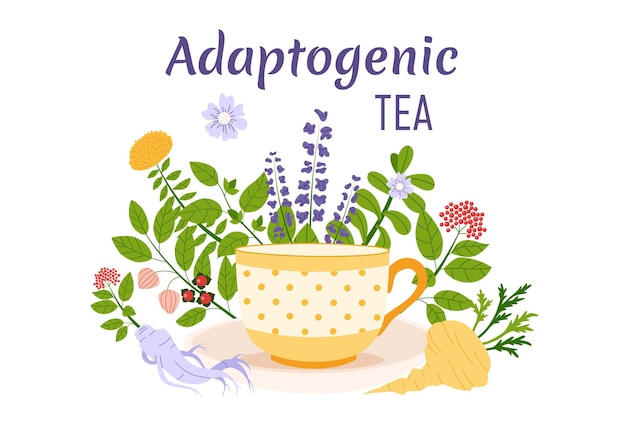Traditional Chinese medicine and Canadian Inuit tribes have long utilized Rhodiola for various health-promoting purposes. Recent research is starting to validate these traditional uses, highlighting the root’s potent flavonoid, glycoside, and proanthocyanidin content. These natural compounds have been shown to offer powerful neuroprotective and anti-aging effects, making Rhodiola a highly regarded herb for mental health.
Mental Benefits of Rhodiola Rosea
These top three benefits of Rhodiola rosea have been recognized by natural healers for centuries. Although this knowledge is ancient, modern science is only now beginning to confirm its numerous healing applications.
Mood Disorders
Research consistently demonstrates that Rhodiola rosea contains potent mood-boosting and emotional-stabilizing properties for individuals with mood disorders. Unlike conventional antidepressants, Rhodiola shows no major side effects. A review of studies found that Rhodiola rosea produced a statistically significant improvement in mood compared to a placebo. Additionally, mental and physical fatigue, often associated with low mood, may be alleviated with Rhodiola rosea supplementation. According to a Swedish study, Rhodiola rosea reduced fatigue, enhanced mental performance, and lowered stress hormones.
Promotes Positive Response to Stress and Anxiety
In today’s fast-paced world, stress is almost unavoidable. The key to mitigating its harmful effects is to find effective management strategies. While exercise is likely the best defense against stress, herbs like Rhodiola rosea may also provide support. One clinical study found that Rhodiola decreased stress indicators without causing side effects. The study authors concluded that Rhodiola is an excellent option for those seeking natural stress management. Additionally, a recent animal study found that Rhodiola rosea significantly impacted mental and emotional anxiety during times of stress.
Supports Neurological Function
The anti-aging market is often filled with creams, tinctures, and serums, all promising to protect and rejuvenate the skin. While topical applications have their place in reducing visible signs of aging, the nutrients we consume also play a crucial role in keeping our body and mind youthful and vibrant. Antioxidants are among the most powerful anti-aging compounds, helping to protect against skin degradation and age-related diseases.
Rhodiola rosea contains salidroside, which has demonstrated strong antioxidant potential. Antioxidants combat oxidative damage inflicted on cells by free radicals, thereby helping to reduce the incidence of age-related diseases. Rhodiola rosea has also shown promise in promoting brain health, as its active compound, rosin, has been shown to protect against neurotoxicity.
One Final Thought
For a more in-depth exploration of Rhodiola and its benefits, you can watch an informative video on this topic.

